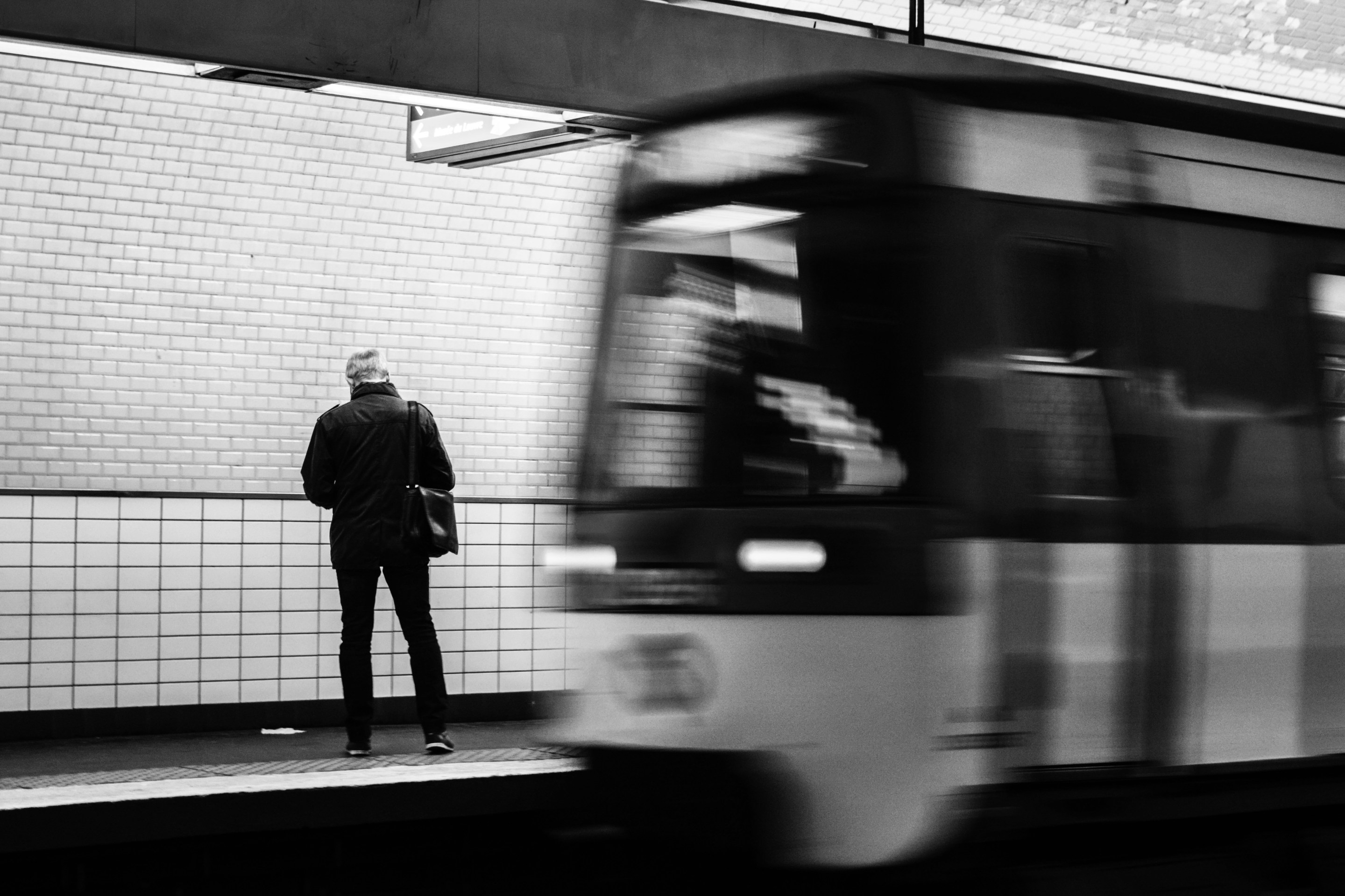A traveler’s worst nightmare?
Three men — all less than half my age — crashed into me just as the subway doors were closing. Shoved, I banged my head on one the poles for standing riders to grasp and fell forward in pain.
Even though I was blindsided and injured, my first thought was to pat my right hip. Sure enough, the wallet I forgot to hide in my book bag was gone – and with it, more than $500 in cash, all my credit cards and my identification.
Lately, all eyes have been focused on the Paris Olympics and anticipating the Paralympics. But just a few years ago, I experienced the dark side of the City of Light.
I was hustling to change from the RER train for Charles de Gaulle Airport to the Metro M6 to reach my hotel on Place Italie. Groggy-eyed, suitcase-wheeling and just-arrived staring at the Metro map, I was an easy mark.
Waiting for an English-speaking detective, I started canceling credit cards and closing a now exposed bank account.
Did my head, thumping with what would turn out to be a concussion, turn to thoughts of vengeance? Sure, for a brief period.
But after completing a police report – and being told gangs that do this are never caught – I started thinking about the big picture. I love cities, feel they are safe and am even willing to suffer injury and financial loss to keep immersing myself in them.
It was ironic that I was in town to give a speech at the 58th International Making Cities Livable Conference. My presentation was on sidewalks and transit and connectivity that makes life livable for all people — and especially those who use wheelchairs for mobility. I have expertise and personal passion for Universal Design because for three decades; I was the direct caregiver to a person who used a power wheelchair for mobility. I was the Diversity, Equity and Inclusivity guy.
Unable to sleep because of severe concussion symptoms, I wondered how the violent crime would impact me.
Would I, a longtime urban dweller and planner, sour on cities?
Would my progressive politics shift?
No, quite the opposite.
My belief in diversity and how big cities support diverse people is unshaken.
Not that long ago, people who used wheelchairs were barred from mainstream institutions and hauled off to “special” schools. They had to fight to attend college.
To this day, 34 years after the passage of the landmark Americans with Disabilities Act, less than one percent of housing in the U.S. is accessible to wheelchair users. Otherwise intelligent people pejoratively label the liberating use of a mobility device as being “confined to a wheelchair.”
I have worked in the disability space – as a caregiver, educator and advocate – for four decades. I have witnessed first hand the economic struggles of people with disabilities, who, according to U.S. Labor statistics, are the most under- and unemployed of all minority groups. I know that the wealth of cities includes space for diverse people, as well as robust transit to job opportunities for people with a wide range of mobility needs.
More than two years since being victimized in Paris, I remain convinced that ableism and exclusion do more damage to our cities and society than the most hardened criminals. I firmly believe that in these polarized times, we must embrace environmental justice while addressing systemic exclusion that causes crime.
Perhaps I was a victim of a crime ring that feeds drug habits and worse. Or maybe my assailants were so pushed aside by society that thievery was a means to feeding family or paying for basic shelter.
I don’t condone crime, but I also do not condone the demonizing of cities and the diverse people that power them.
Cities, warts and all, are historically where our forebears settled, scratched out a living and created a life better for each succeeding generation. They are the future of a strong and diverse nation.






